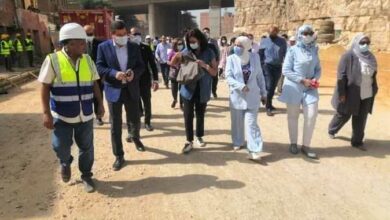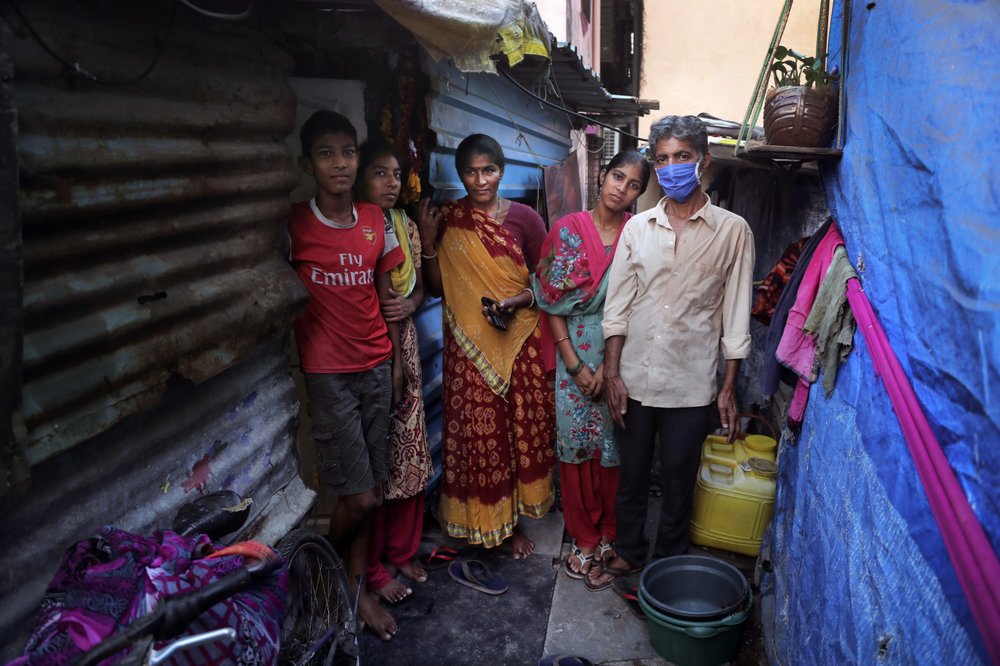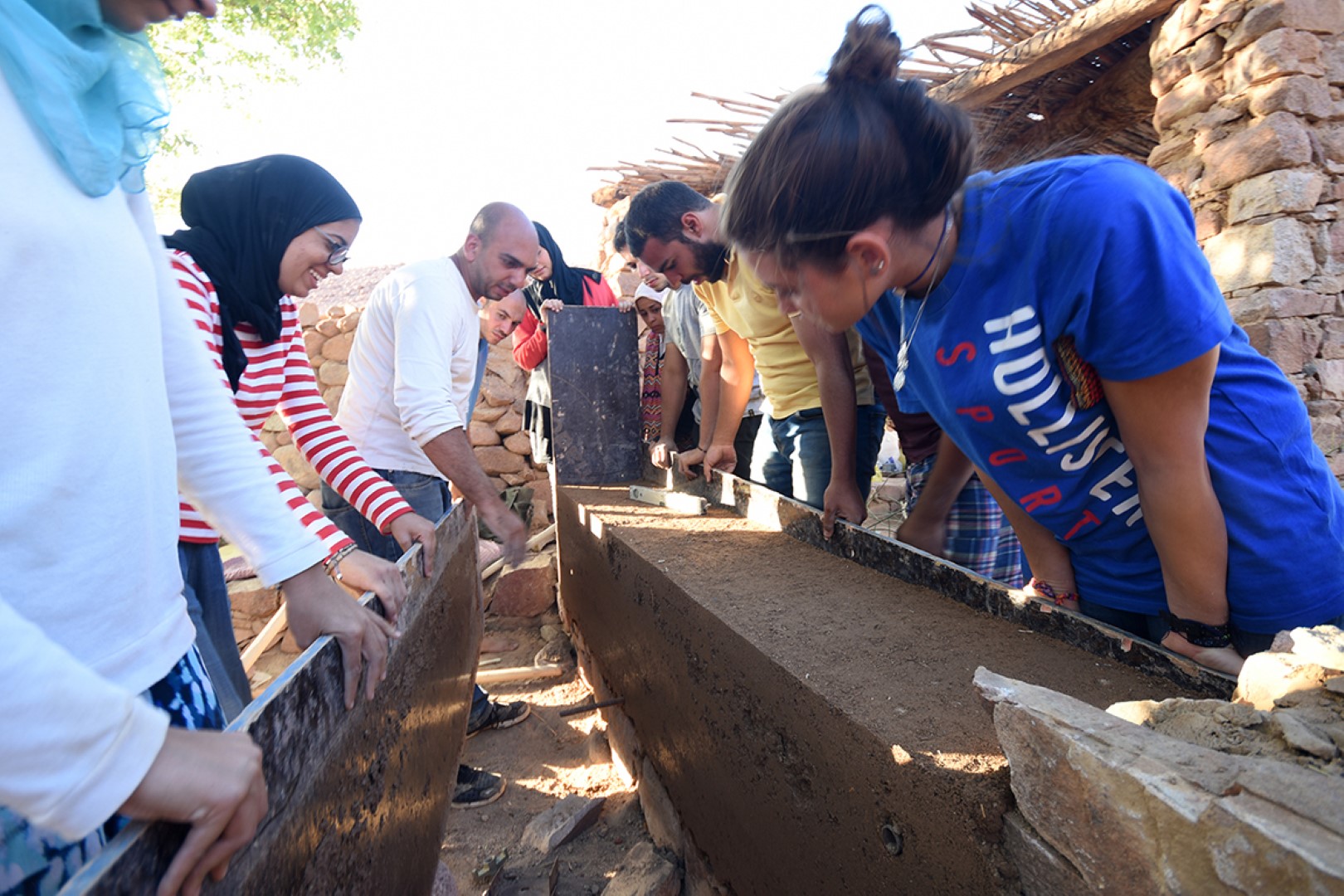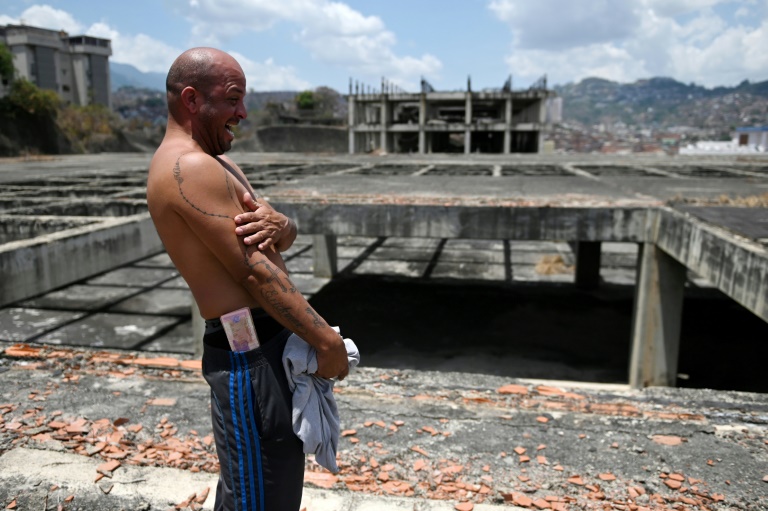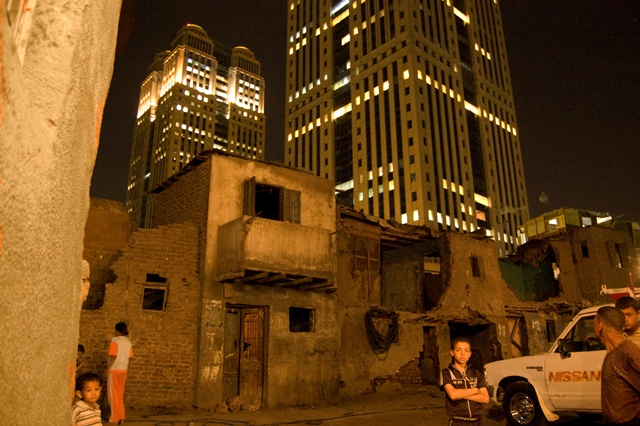
According to the 2015 Human Development Report, issued by the Ministry of Local Development and the National Institute for Planning, 50 percent of the Egyptian population is deprived of sanitation services, of which 85 percent live in rural areas and 15 percent in cities.
The report also said that the government needs LE140 billion to complete its sewage projects in villages and cities before the end of 2020.
As to housing projects, the report said that government needs to build 200,000 to 300,000 units per year to meet the high population growth rate and the internal migration from the countryside to the cities, in search for jobs and better living standards.
These projects, which would be carried out both by the public and private sectors, should include 75 percent low-cost units, 22 percent medium-cost units and 3 percent luxury units.
The report pointed out that an average of 50 percent of cities and villages is not planned, which has contributed to the spread of slums and shantytowns that threaten national security and the cultural and architectural heritage, especially in Greater Cairo, where there are 51 shantytowns over an area of more than 400 acres, with more than 15,000 housing units and a population of 60,000 inhabitants.
The report suggested to legalize the status of shantytowns and collect fees from the residents in return for services rendered to them, and to build alternative housing areas in the desert, so as to stop encroachments on agricultural land, which has reached more than one million cases and 45,000 acres.
The report blamed government officials for closing an eye to the building of slum areas in return for bribes, which has contributed to an increase in acts of thuggery, crimes, child labor, poverty, illiteracy and disease.
It said the government is unable to stop such fast encroachment, especially after the January 25 revolution and the subsequent state of lawlessness.
It also said the government may postpone its project to develop the living standards of slum dwellers until 2020, due to the economic situation.
Edited translation from Al-Masry Al-Youm

